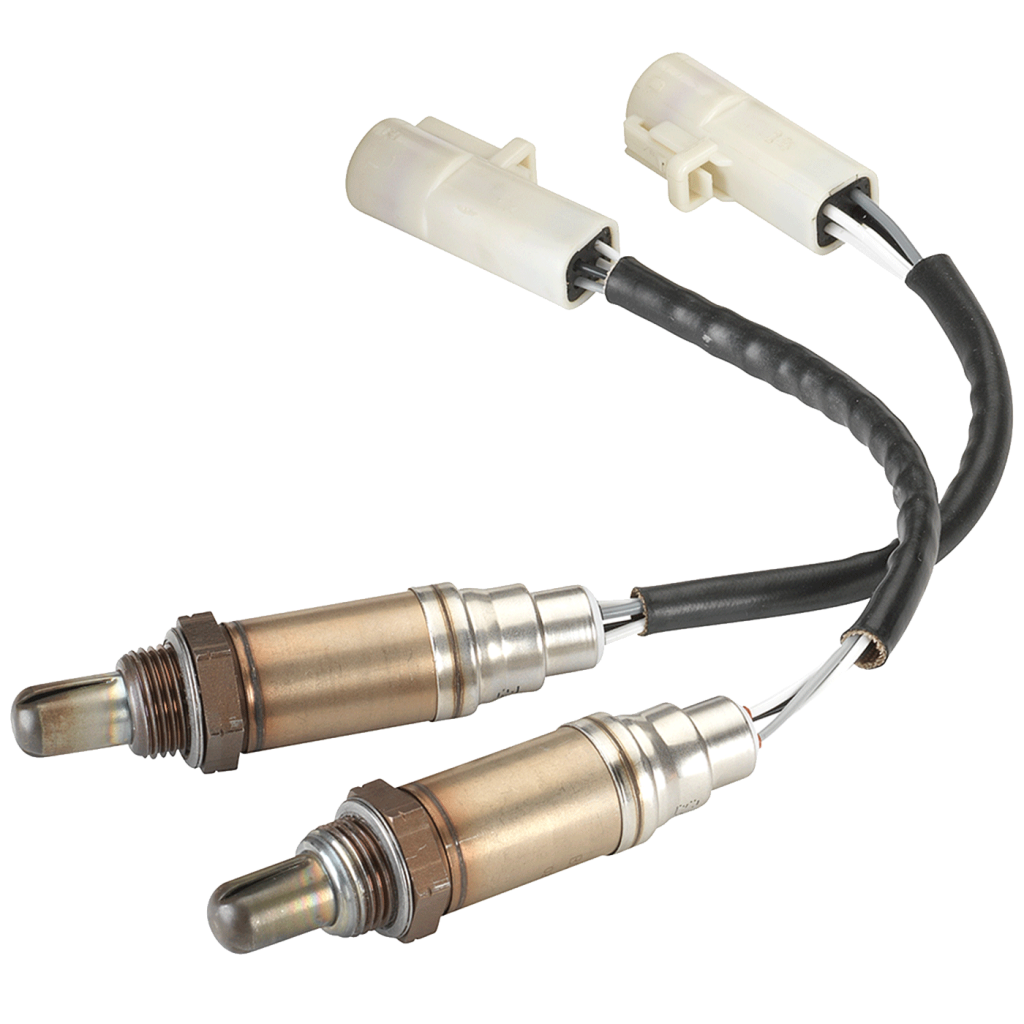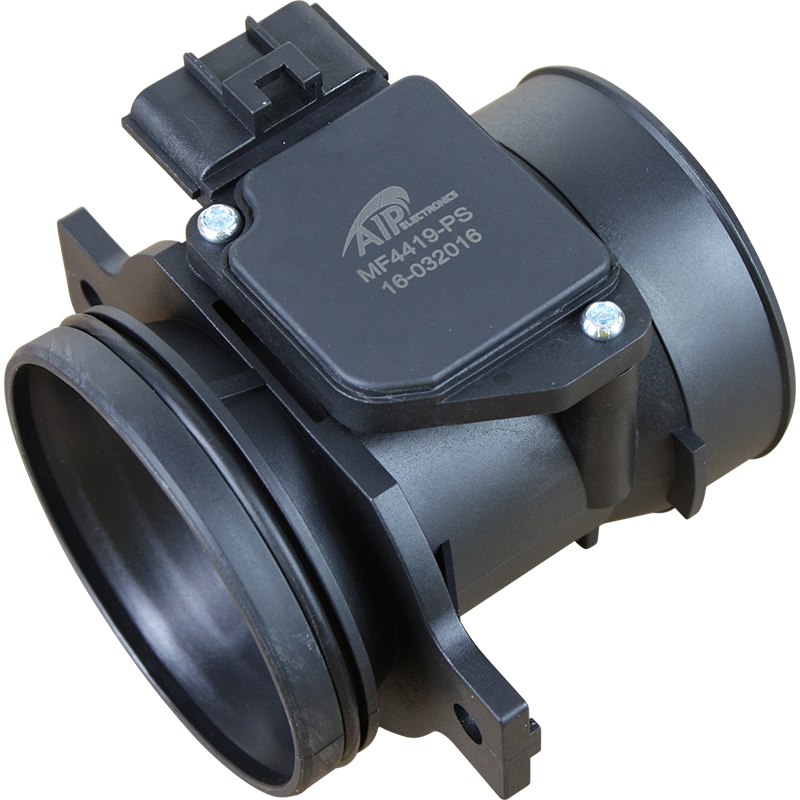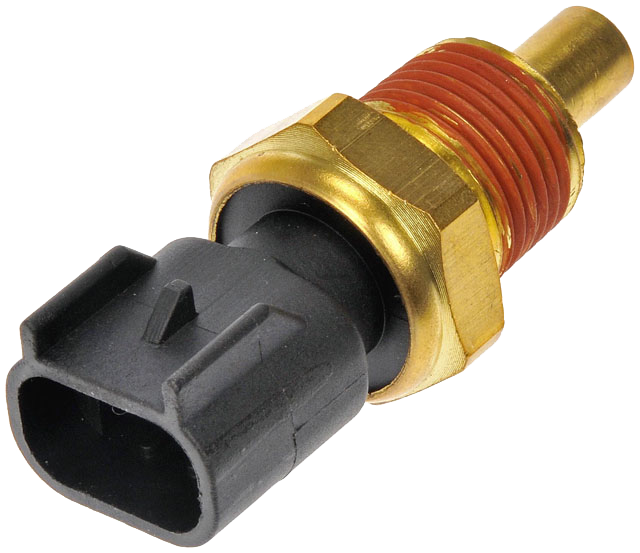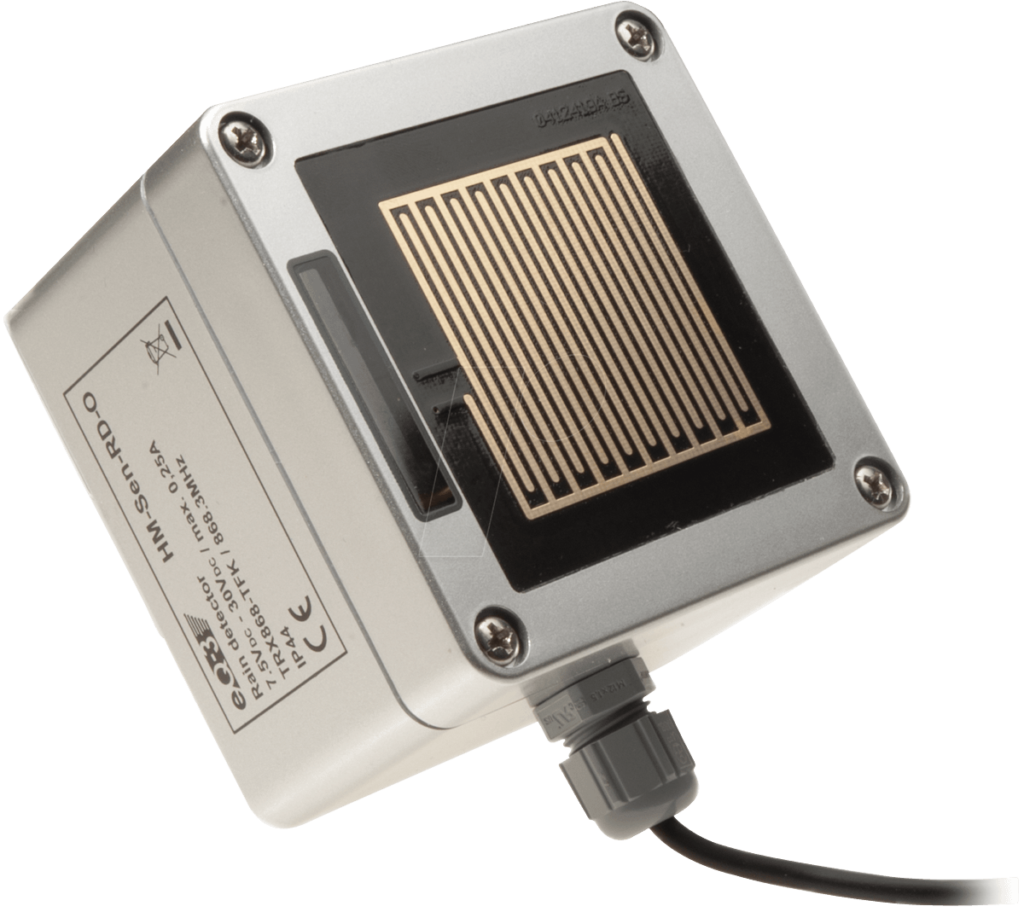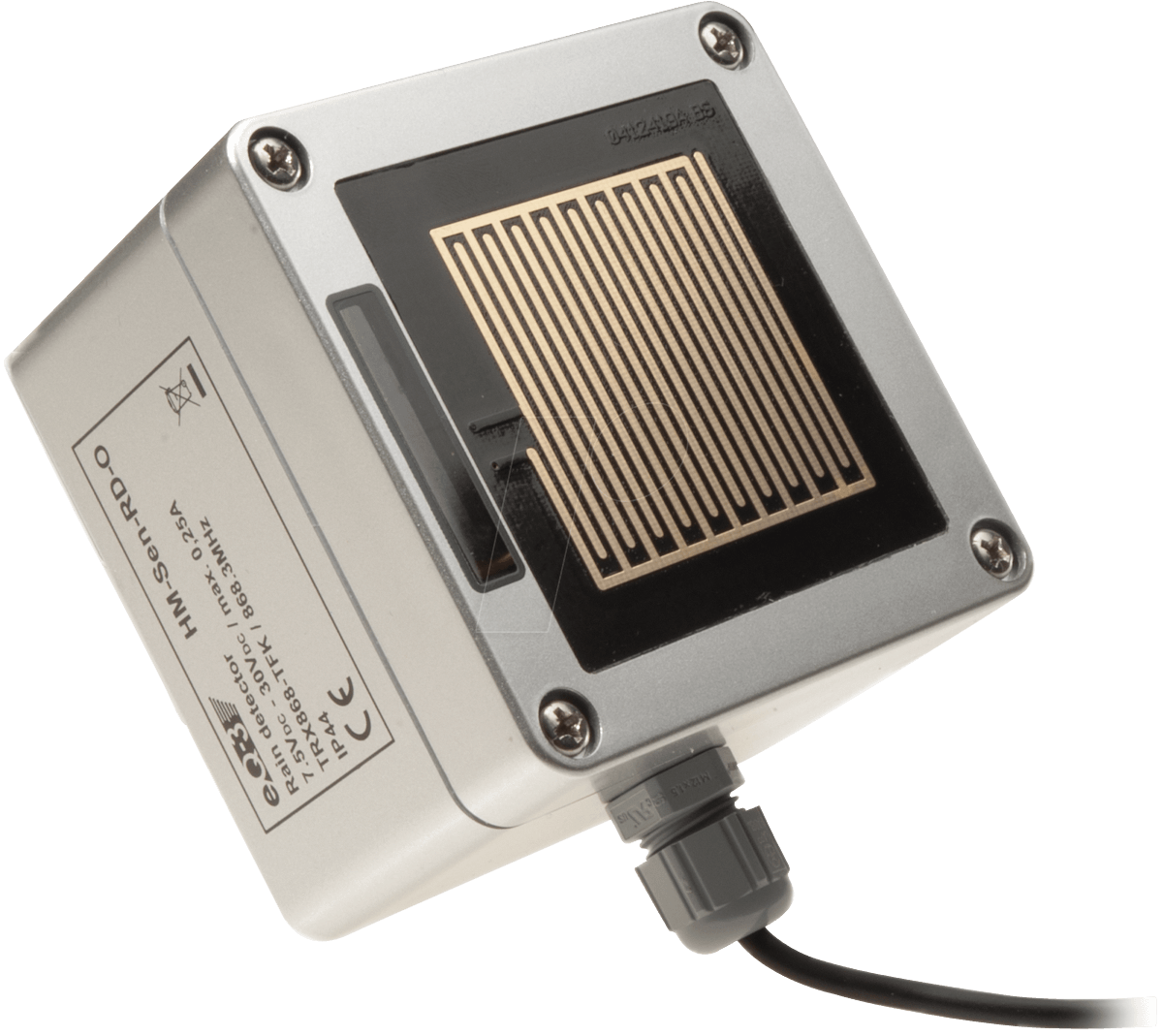Rain Sensor: Detects rain on the windshield and triggers automatic wiper activation.
A Rain Sensor in a car, also known as a rain-sensing windshield wiper system, is a device designed to automatically detect and respond to rainfall on the windshield. This technology enhances the convenience and safety of the vehicle by automating the operation of the windshield wipers based on the intensity of rain or moisture on the windshield. Here are the key features and functions of a Rain Sensor:
- Detection of Rainfall:
- Use Case: The Rain Sensor uses optical or infrared technology to detect the presence of raindrops or moisture on the windshield.
- Benefits: Allows the system to respond to changing weather conditions and activate the windshield wipers as needed.
- Automatic Wiper Activation:
- Use Case: When rain or moisture is detected, the Rain Sensor automatically activates the windshield wipers.
- Benefits: Improves driver visibility by ensuring that the windshield is cleared of rain without requiring manual intervention.
- Variable Wiper Speed:
- Use Case: The system can adjust the speed of the windshield wipers based on the intensity of rainfall.
- Benefits: Provides optimal wiping performance by matching the wiper speed to the rate of rain, improving visibility and reducing distractions for the driver.
- Intermittent Wiper Control:
- Use Case: The Rain Sensor enables intermittent wiper operation, allowing for periodic wiping when there is light rain or drizzle.
- Benefits: Avoids constant and unnecessary wiping, conserving wiper fluid and extending wiper blade life.
- Integration with Automatic Headlights:
- Use Case: Some vehicles integrate the Rain Sensor with automatic headlights.
- Benefits: Enhances safety by automatically turning on headlights in low-light or rainy conditions, improving overall visibility.
- Driver Comfort:
- Use Case: By automating wiper operation, the Rain Sensor adds to driver comfort, reducing the need for manual adjustments during changing weather conditions.
- Benefits: Allows the driver to focus more on the road without distraction, especially during sudden rain showers.
- Adjustable Sensitivity:
- Use Case: Some systems allow drivers to adjust the sensitivity of the Rain Sensor to suit their preferences.
- Benefits: Provides a customizable experience based on individual preferences and driving conditions.
- Rain Delay Function:
- Use Case: In some systems, a rain delay function prevents immediate wiper activation after intermittent rain or when passing through tunnels.
- Benefits: Enhances efficiency and prevents unnecessary wiper use in situations where rain is brief or intermittent.
- Integration with Climate Control:
- Use Case: In certain vehicles, the Rain Sensor may be integrated with climate control systems to optimize the interior environment based on weather conditions.
- Benefits: Contributes to overall driving comfort by coordinating wiper operation with climate control settings.
- Automatic Deactivation:
- Use Case: The Rain Sensor can automatically deactivate the wipers when it no longer detects rain or moisture.
- Benefits: Prevents unnecessary wiper operation, conserving energy and reducing wear on wiper components.
A Rain Sensor in a car is a technology that enhances driver convenience and safety by automating the operation of windshield wipers in response to changing weather conditions. It contributes to improved visibility and overall driving comfort, especially during inclement weather.

